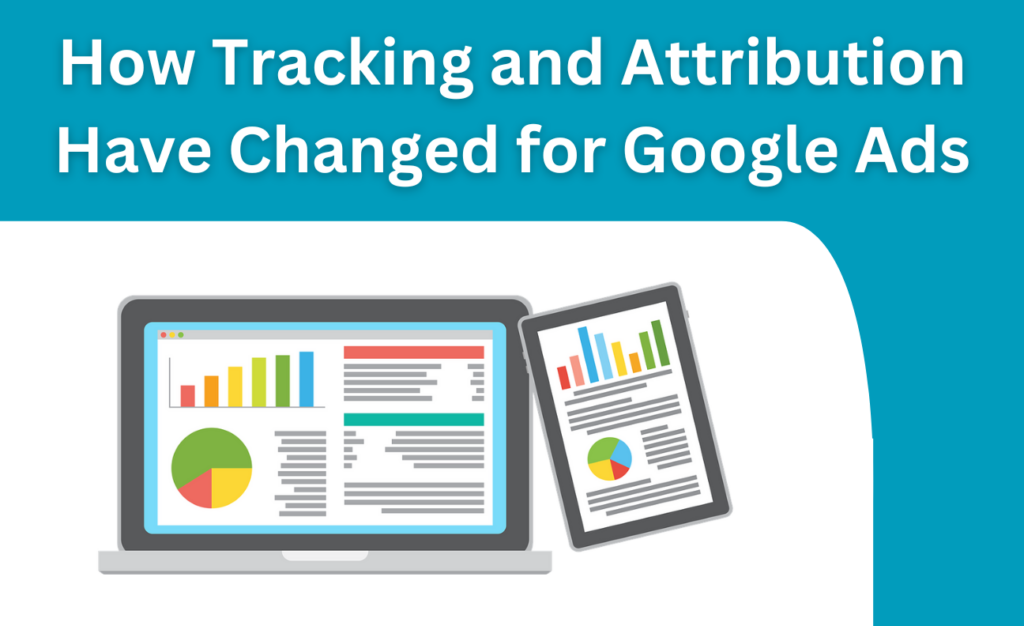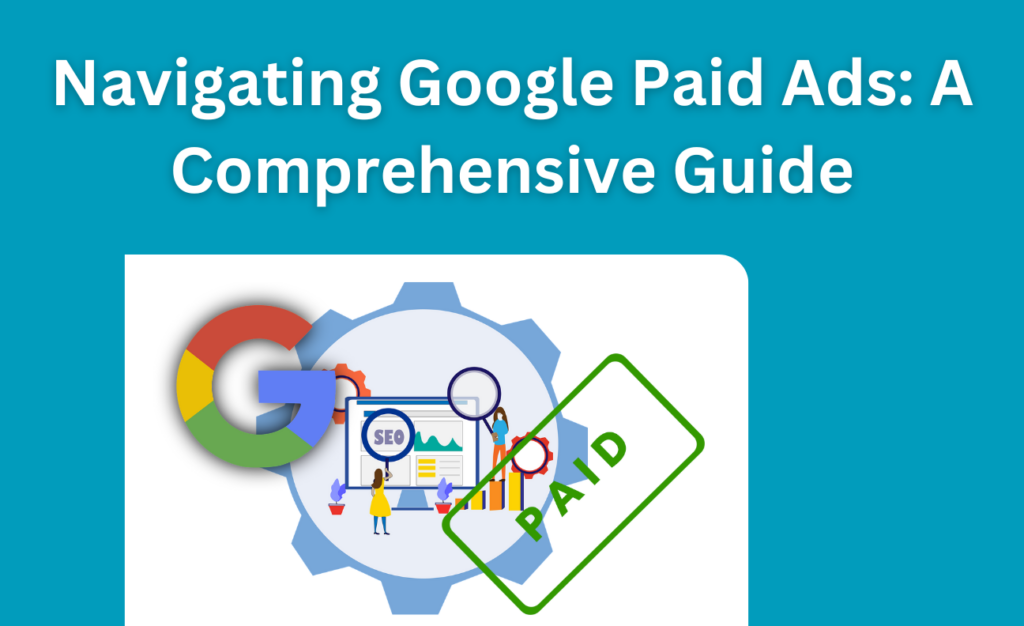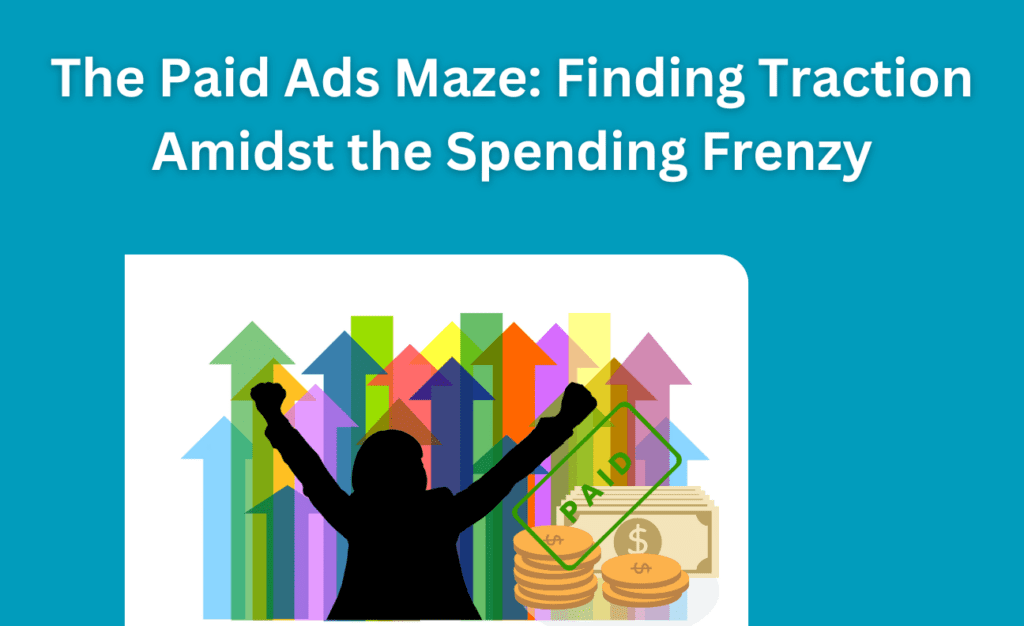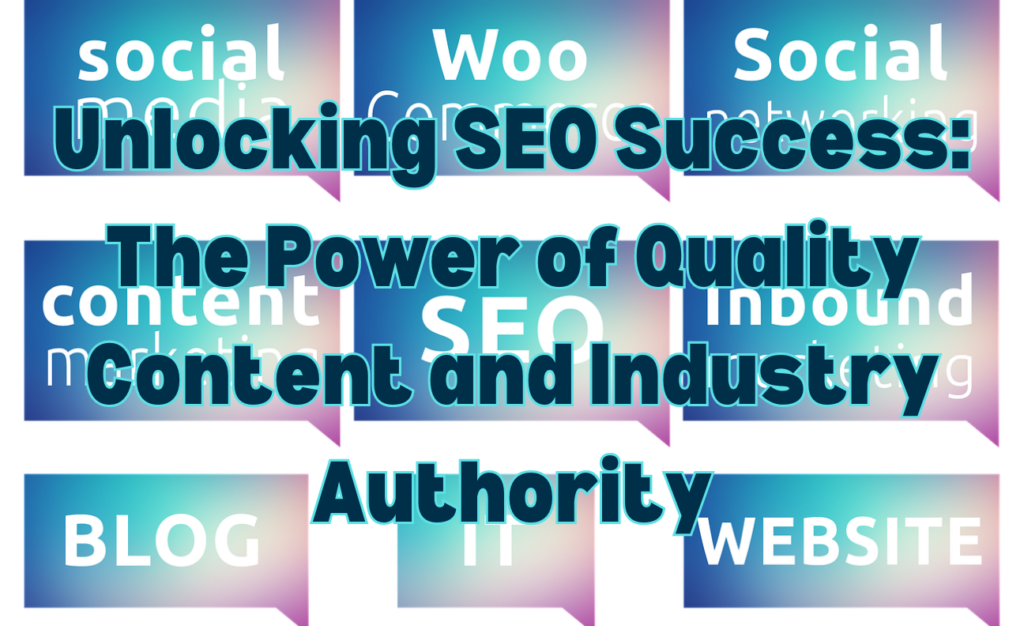It’s been a little over a year since the world was hit with the pandemic known as COVID-19. For many businesses, the pandemic brought on what could only be called a “hangover.”
Sales plummeted, staff was laid off, and companies were struggling to stay afloat. While things are starting to look up now that we’re in the recovery phase, it’s important not to forget all of the lessons we learned during this time.
In this blog post, we’ll discuss some strategies for marketing through the recession and coming out ahead.
What is the Pandemic Hangover?
The pandemic hangover refers to the ongoing economic effects of the pandemic, including a global recession. This includes decreased consumer spending due to job losses, lack of disposable income, business closures, and supply chain interruptions.
It has impacted many different industries in different ways, ranging from retail and hospitality to transportation and manufacturing. It is also worth noting that while the pandemic has had a negative impact on the global economy, there are some sectors that have seen an increase in demand due to the pandemic.
Pandemic and Changes in Consumer Behaviour
One of the most important lessons we learned during this time is that consumer behaviour has changed.
People are now more cautious with their money and they want to make sure they get the best value for their dollar. They’re also looking for goods and services that reflect their values, such as those that are eco-friendly or ethically produced.
Because of this, it’s important for businesses to stay agile and adjust their marketing strategies accordingly.
Is Recession a Bad Time for Marketing?
The short answer is no. While it may seem counterintuitive to invest in marketing during a recession, it can actually be a great opportunity for businesses to gain an edge on the competition. Investing in marketing during a recession is essential for staying ahead of the game and ensuring long-term success.
Why Invest in Marketing During a Recession?
There are several reasons why investing in marketing during a recession is beneficial.
Increased Competition
When the economy is in a recession, there is an increased level of competition as companies struggle to remain profitable and regain their share of the market. Investing in marketing at this time will help you stand out from the competition and gain an edge over them.
Cost-Effective Marketing
As people are cutting back on spending, there are more opportunities to take advantage of cost-effective marketing strategies such as digital and social media marketing. This can be a great way to reach a larger audience while still keeping costs low.
Increased Customer Loyalty
One of the most important benefits of investing in marketing during a recession is that it can help you build strong customer loyalty. By providing customers with quality products and services, you can create a relationship of trust between your brand and your customers that will last even after the recession has ended.
Increased Market Share
Investing in marketing during a recession can also help you gain a larger share of the market. By offering discounts and promotions, you can attract new customers while maintaining relationships with existing ones.
Marketing Strategies for Adapting to the Recession
As we continue to recover from the recession, it’s important for businesses to remain agile and adapt their marketing strategies accordingly. Here are some tips for adapting your marketing strategy:
Reassess Your Audience
The pandemic has caused a shift in consumer behaviour, so it’s important to reassess who you are targeting with your marketing efforts. This can be done by conducting market research to understand who your customers are and what their needs are.
Connect with Your Audience
During a recession, it’s important to connect with your customers on an emotional level. This can be done by telling stories that resonate with their values or interests and creating a sense of community among your customers.
Focus on Cost-Effective Strategies
During a recession, it’s important to focus on cost-effective marketing strategies such as content marketing and social media. These strategies can be used to reach a larger audience while still keeping costs low.
Utilise Digital Marketing Fully
Digital marketing is becoming increasingly important in today’s landscape, so it’s important to invest in strategies such as SEO and social media to ensure your business stays visible.
Increase Brand Awareness
In times of economic uncertainty, it’s important to build brand awareness so that customers are aware of your products or services. This can be done through content creation, influencer marketing, and promotions.
Focus on Creating Value
Customers are looking for goods and services that provide value, so it’s important to focus on creating and delivering value in your products and services. By doing this, you can show customers that you care about their needs and build stronger relationships with them.
By following these strategies, businesses can ensure that they remain successful during a recession and are better able to adapt when the economy improves.
Conclusion
Investing in marketing during a recession is an important strategy for businesses to consider. By taking advantage of cost-effective strategies, increasing customer loyalty, and focusing on creating value, businesses can remain competitive and build relationships with their customers even during difficult economic times. With the right marketing strategies, businesses can position themselves for success before, during, and after a recession.
The key takeaway is that businesses should invest in marketing even during an economic downturn as it can help them remain competitive and build customer relationships. By taking advantage of cost-effective strategies such as content creation and social media, businesses can reach a larger audience while still keeping costs low and increasing their brand awareness.
Additionally, focusing on creating value and connecting with customers emotionally can help build trust and loyalty. With the right marketing strategies, businesses can remain successful before, during, and after a recession.










